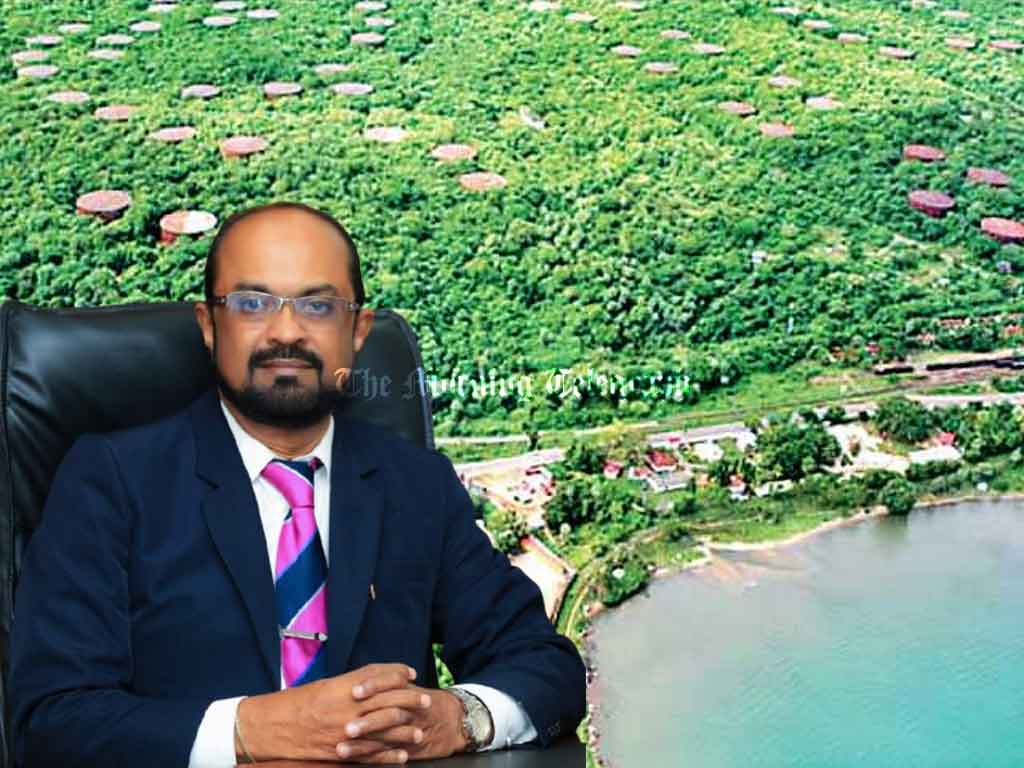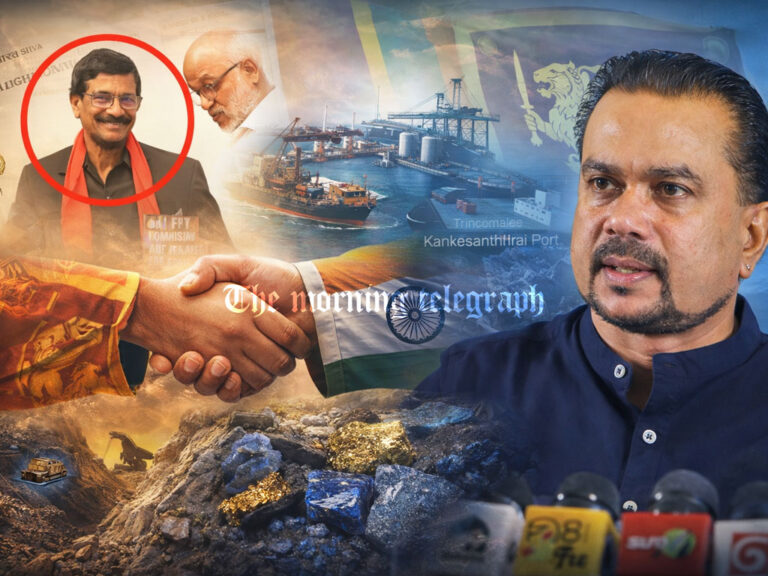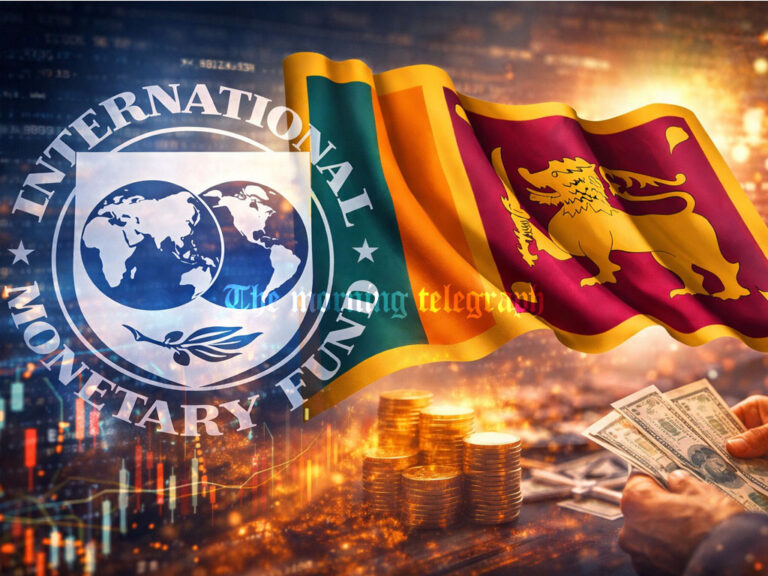
The Trincomalee oil tank complex, a strategic asset with historical significance, is poised to become a critical hub for Sri Lanka’s energy and economic sectors. Energy Minister Engineer Kumara Jayakody highlighted the importance of this development, emphasizing its alignment with the government’s new energy policy and its potential to generate significant foreign exchange for the country. The joint venture between Lanka IOC and the Ceylon Petroleum Corporation (CPC) under Trinco Petroleum Terminal Ltd., established through a partnership with India, is expected to maximize the complex’s potential.
During a recent inspection of the Trincomalee Port Oil Tank Complex, Minister Jayakody pointed out the exceptional condition of the tanks, despite their construction during the British colonial era. “The tanks are robust and well-preserved. With minor renovations and the construction of a modern pipeline system, we can transform this facility into a state-of-the-art oil storage and distribution center,” the Minister said. He also noted that the complex would be integral to supplying oil to ships and serve as a foundation for broader port development activities in collaboration with the Ministry of Transport, Highways, Ports, and Civil Aviation.
The government’s plan includes leveraging Trincomalee Port, the fifth-largest natural harbor in the world, to strengthen Sri Lanka’s maritime economy. Deputy Minister of Civil Aviation and Ports, Ruwan Janitha Kodithuwakku, who accompanied the Energy Minister, emphasized this point. “The Trincomalee Port is a vital national asset. By integrating the oil tank complex into our broader port development strategy, we aim to enhance Sri Lanka’s position as a maritime hub in the Indian Ocean. A comprehensive national plan for the port’s development will be unveiled in the coming months,” he said.
The inspection included an in-depth review of the Trincomalee Port, the CPC’s oil tank facilities, and operations managed by Trinco Petroleum Terminal Ltd. and Lanka IOC. Senior officials, including CPC Chairman D.J.A.S. De S. Rajakaruna, Managing Director Dr. Mayura Netthikumarage, and Ports Authority Chairman Admiral (Retd) Sirimevan Ranasinghe, were present to provide insights into the ongoing projects.
The project’s potential benefits extend beyond energy storage. The partnership aims to modernize and optimize the use of the 99 oil tanks in Trincomalee, which have historically remained underutilized. Once fully operational, the facility is expected to enhance fuel supply efficiency, reduce dependency on external storage, and improve energy security for the country. Additionally, the strategic location of the port allows for seamless integration with shipping routes, enhancing its attractiveness to international investors and maritime operators.
Furthermore, Minister Jayakody underscored the broader implications of the project. “This initiative will not only generate foreign exchange but also create employment opportunities and stimulate economic growth in the region. By tapping into Trincomalee’s full potential, we aim to foster industrial development and attract foreign direct investment,” he said.
The project represents a significant step in strengthening bilateral ties between Sri Lanka and India. It also signals a commitment to long-term collaboration in areas of mutual strategic interest. By prioritizing infrastructure development and efficient resource management, the government hopes to pave the way for sustainable economic progress and greater regional connectivity.




